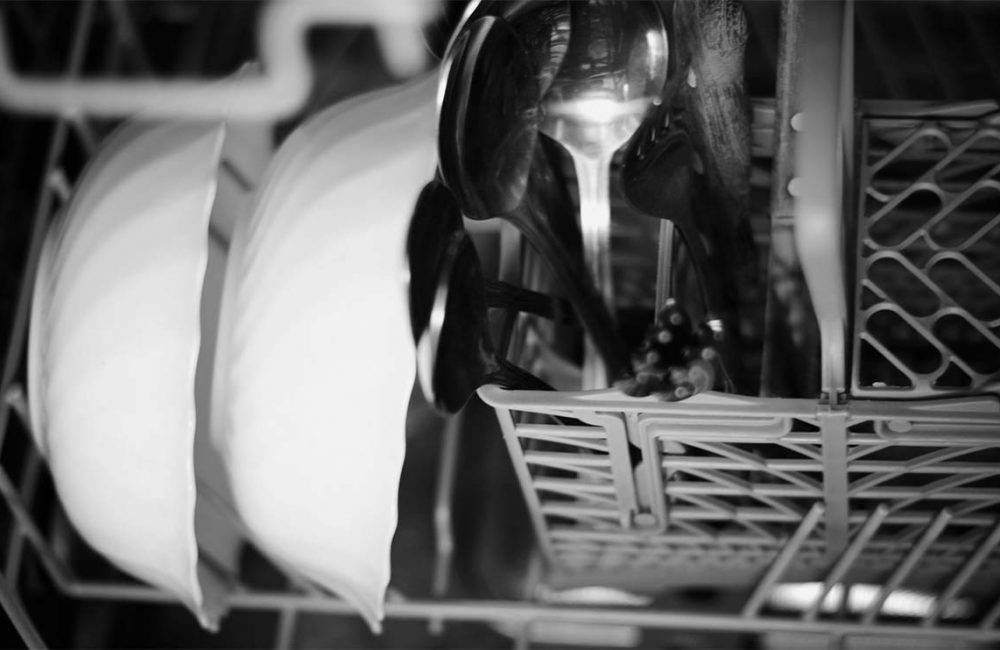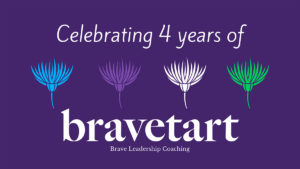In our house, the dishwasher is the one piece of equipment that has the capacity to start a war, drive tolerance right over the edge and bring out the worst controlling behaviour. There’s a very specific order to the loading and unloading and it triggers emotions like frustration and anger. Consequently, it’s also the best barometer of how we are feeling and what needs are not being met.
“The dishwasher must be loaded in a specific way, laid out by the chief dishwasher and is non-negotiable”
Often regarded as being selfish or self-centred, culturally, we see meeting our needs as not serving the greater good of the community and so we devalue them.
We place more importance on what we want because we have logically deduced that this is what is best for all. Which is all back to front.
“Why can’t you understand that’s not how to do it! The plates need to be on the left, and you must rinse them first.”
I work with people who tell me about the complex, emotional and exhausting parts of their day. How, by the end of every day, they are an empty husk, with nothing left for themselves and there is no room for their own needs to be met. They are so devoted to being the best they can be they have lost sight of what they really need. In case it’s not obvious, they are all incredible human beings. For them to continue to be incredible, they have to come to the awareness of how important looking after themselves really is. Logically they know it but in practice, well, that isn’t so easy.
“Why is it always me who has to make sure it’s loaded properly”?
If you don’t have your needs met, you won’t be able to continue to do the things you want to do and then you’ll fall into an abyss of guilt, shame and grief.
If you do have your needs met, you will have the energy and cognitive capacity to do those things that are truly important to you.
So, what are the things that stop us from putting our needs first and what is it we really need?
“It’s not my turn, I did it last time and he hasn’t done it all week!”
Clearly, there are many reasons why we are not brave enough to have all of our needs met, listed below are 3 common beliefs that get in our way:
What will people think?
Our cultural pond is important to us. Our connection with other people is essential for our well-being. Our success is often measured by the recognition of others. The focus becomes keeping other people happy in the hope that this will quieten the critical voice inside. We may even be aware that this is not working for us but don’t feel brave enough to change anything. We go to extraordinary lengths to win approval or recognition, only to feel it doesn’t satisfy the need. This is because we want approval and recognition, but we actually need connection and belonging. When we meet the needs of connection and belonging, the drive to please everyone eases.
I have to make more money first
This is another key marker for success in our culture. The more money we have the more successful we are. The more money we have, the more resources we have access to, the happier we will be. We will work long hours, take big risks, and reject anything or anyone that doesn’t help us achieve more. We are driven by a fear of not having enough money and not being good enough to make enough. We are driven by bravado rather than bravery, believing we are fooling the world that everything is awesome. What we want is to have more money, what we need is a sense of being fulfilled, having a purpose, making a difference. When the need is met, we become more open and available for new opportunities and we find a success marker that is a true representation of how we want to be in the world.
I don’t have the time
There will be no glib remarks about how much time we all have or judgements about priorities. This is about the crazy fast-paced life we lead and the culture of busyness that we also equate with success. When we are driven by motivators like not having enough time, we endlessly chase the clock, there is never enough. Slowing down appears not an act of bravery, but one of weakness and failure. What we want is more time. What we need is more presence. When we allow ourselves to be aware of the moment we are in, we make space for thinking, creating and replenishing. We manage our time differently; we bravely do what really needs to be done and we prioritise the things that truly make a difference.
“The knives go blade down, not up!”
For each of us, there are other more personal blocks that get in the way of having our needs met, but you’re likely to have experienced at least one of these blocks. Overcoming these blocks can sometimes be as simple as getting brave and asking some uncomfortable questions.
You will find the answers to that by exploring what makes you mad, frustrated, sad, or any other unhelpful emotion that you experience. When you’re angry because the dishwasher wasn’t stacked properly, it’s more helpful to recognise it’s not about the stacking of the dishwasher, it’s actually about a need not being met.
What is the need? For example, are you tired and need more sleep?
What does the state of the dishwasher represent to you?
What do you want to happen instead?
In order for anything to change, you will need to take action. Ask for help. Tell people what you need. And as always, if you get stuck, I can help you unpick it all so you can get clear on what those core needs really are and keep you on track to meeting them.
Live your life like your needs really matter – because they do.
“Don’t forget to fill up the rinse-aid, it makes everything shiny!”



